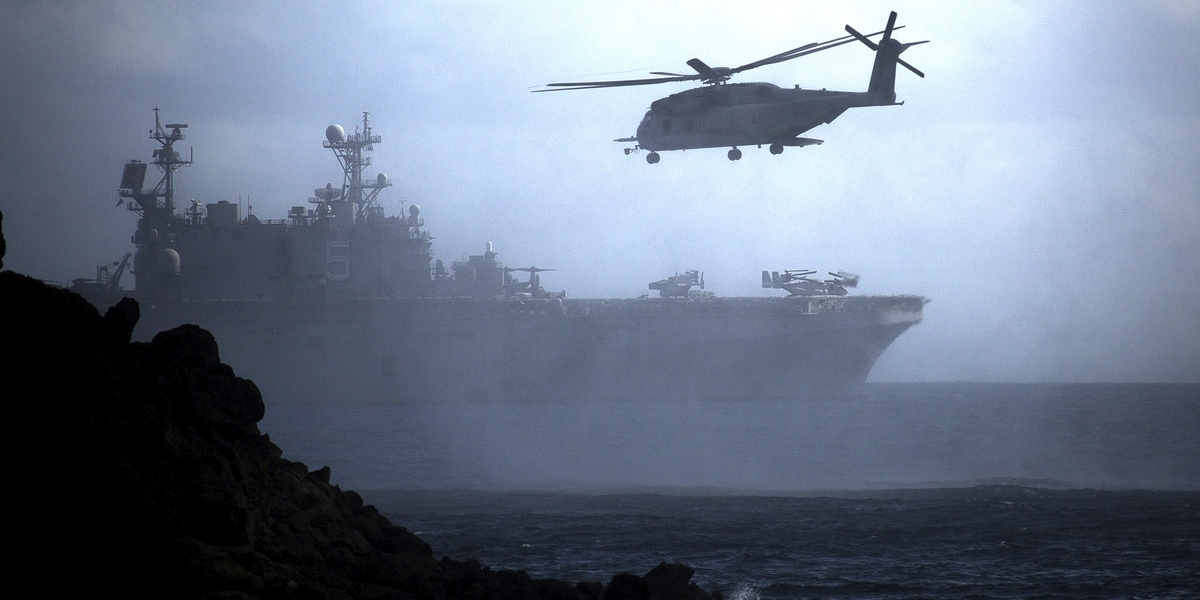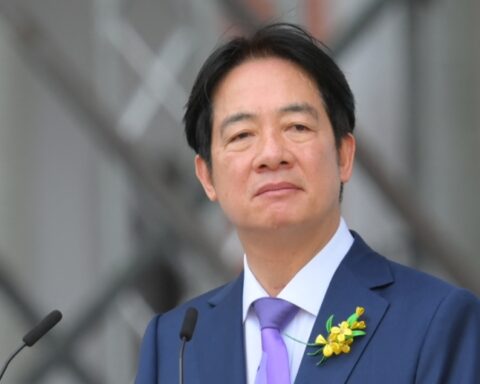TAIPEI (Parliament Politics Magazine) – As tensions between the US and China over Taiwan’s status rise, the US government has confirmed a $1.1 billion arms sale to Taiwan.
The state department informed, the sale comprised $85 million for Sidewinder air-to-air missiles and $355 million for Harpoon air-to-sea missiles.
A $655 million logistics aid package for the surveillance radar programme of Taiwan, which provides air defence alerts, makes up the majority of the deal. Early warning air defence systems are now increasingly crucial as China intensifies military exercises close to Taiwan, which it views as a renegade province.
The state department said that Taiwan needed the equipment to maintain sufficient self-defence capabilities. Immediately following Friday’s business day’s end, the administration informed Congress of the sale.
The administration said that the agreements adhered to the US one-China policy. Additionally, it urged Beijing to engage in real discussion with Taiwan rather than continue its economic, military, and diplomatic pressure against Taiwan.
The arms deal, according to Liu Pengyu, spokesperson for the Chinese embassy in Washington, seriously jeopardises US-China relations as well as peace and stability across the Taiwan Strait. In light of how the situation develops, China will firmly adopt the legal and required countermeasures.
As China continues to intensify pressure on Taiwan – including through heightened maritime and air presence around the country and involves in efforts to alter the status quo in the Taiwan Strait, Laura Rosenberger, the White House’s senior director for China and Taiwan, said late on Friday that they were giving Taiwan what it needed to keep its self-defence capabilities.
Since Nancy Pelosi, the speaker of the House, visited the island in August, tensions and grating rhetoric have risen between China and the US over Taiwan. Pelosi’s visit to Taiwan, was followed by at least two other congressional visits and numerous trips by US state governors, all of which have drawn criticism from China.
In an episode that highlighted the heightened tensions on Thursday, Taiwan’s military claimed to have shot down a drone flying over one of its island outposts just off the Chinese coast. A day earlier, Taiwan claimed to have given a warning to drones overflying three of the islands it controls off the coast of Xiamen, a port city in China.
China declares Taiwan to be a part of its territory, which it may use force to acquire. Following the election of Tsai Ing-wen, a pro-independence candidate, as president of Taiwan in 2016, China ceased all communications, even informal ones.
The anti-drone defences have been pushed for by Tsai’s administration as part of a 12.9% increase in the defence ministry’s annual budget for the following year. That would result in an increase in defence spending of $NTD47.5 billion (US$1.6 billion), for a total of $NTD415.1 billion.
Two guided missile cruisers were sent through the Taiwan Strait in retaliation for the US calling the Chinese drills in August a grave overreaction. China has declared the Taiwan Strait to be its sovereign territory.
The announcement of the arms sale was welcomed by Taiwan’s defence ministry, which said that China’s recent “provocative” actions posed a severe threat and that the sale will assist Taiwan resist Chinese military pressure.
At the same time, it also showed that it would assist their nation improve its total defence capabilities and jointly uphold the safety and tranquillity of the Taiwan Strait and the Indo-Pacific region.
The US Congress must review the arms sales, but both Republican and Democratic congressional aides indicated little opposition was anticipated.
With Reuters and the Associated Press






